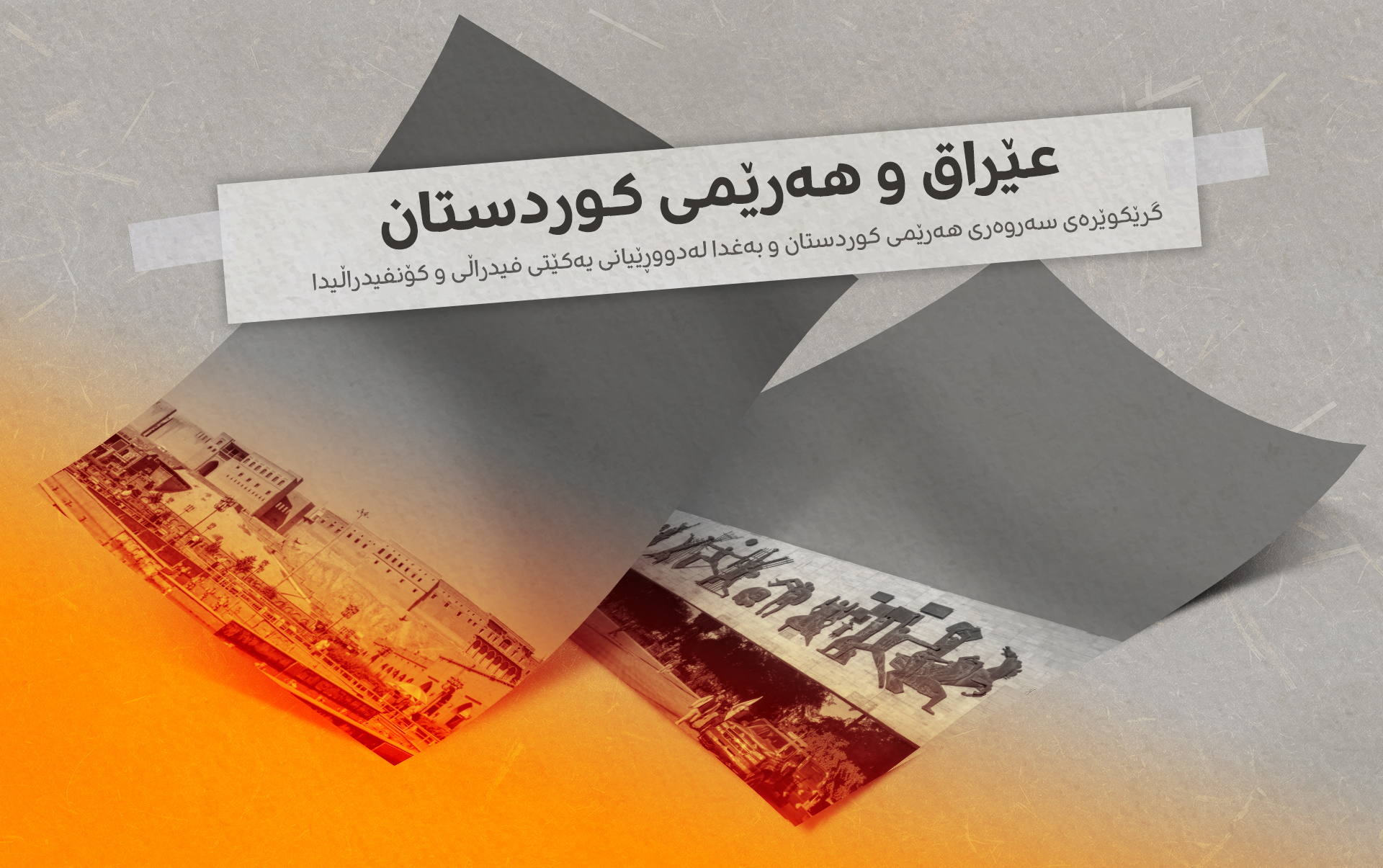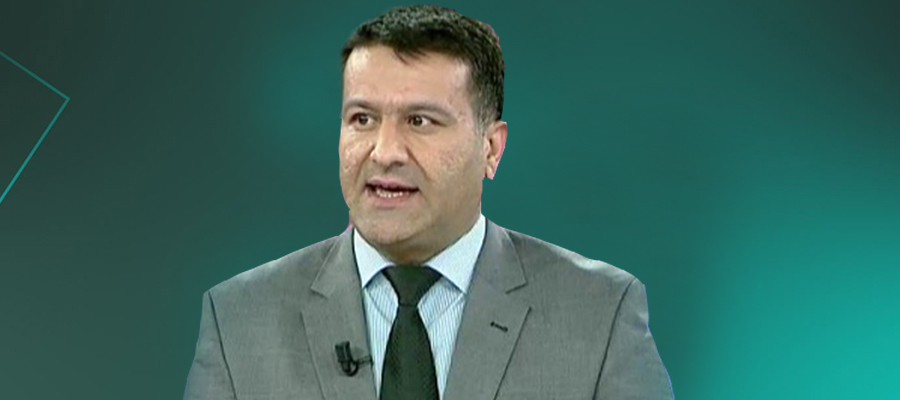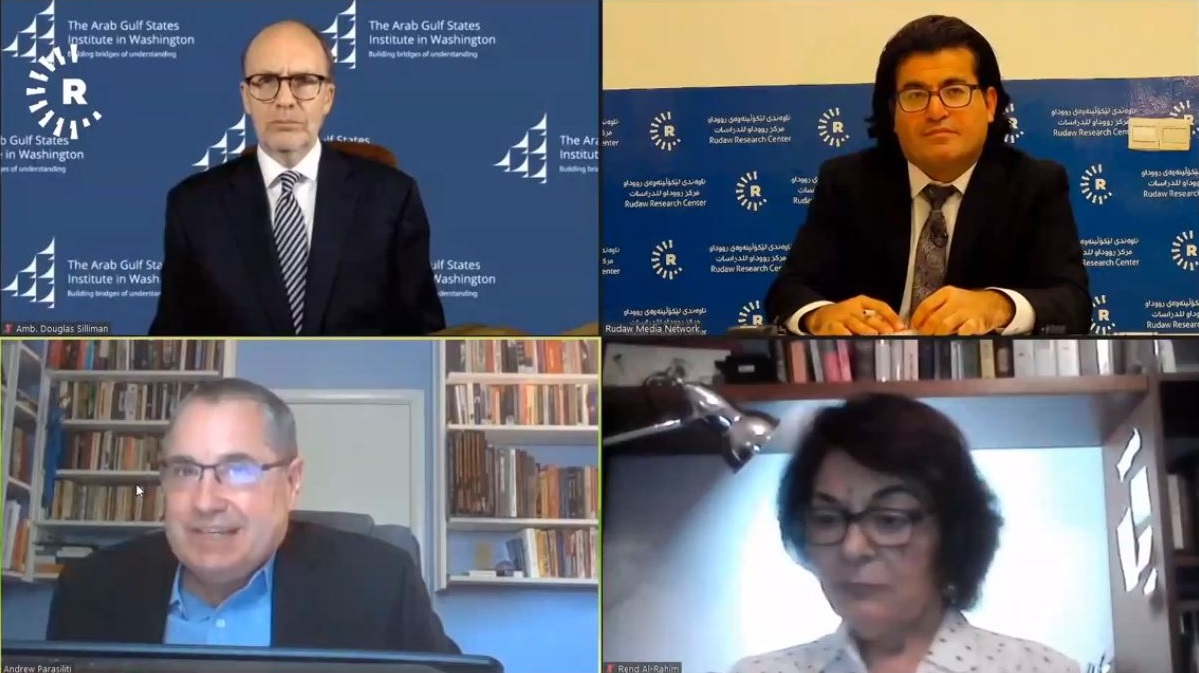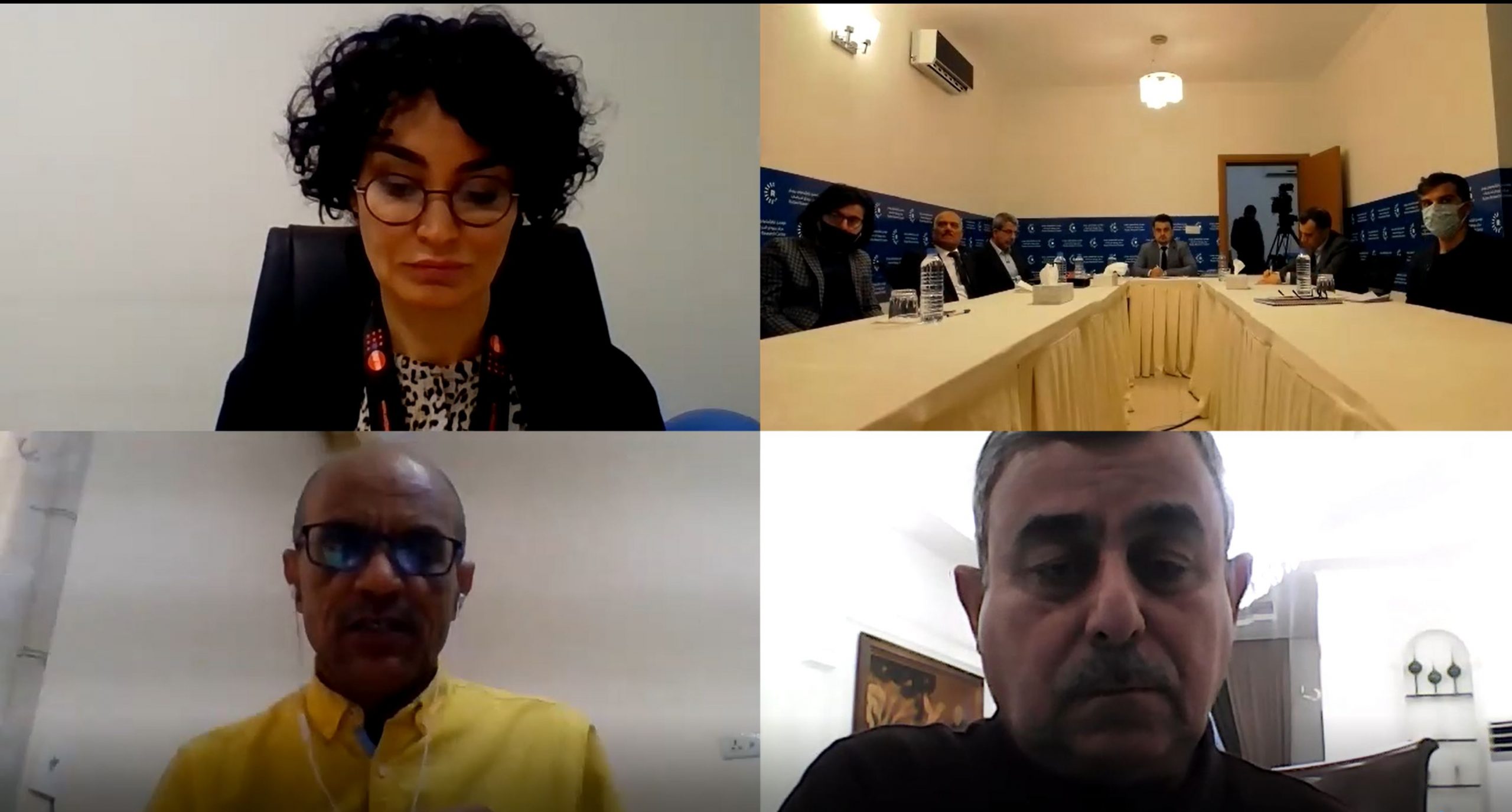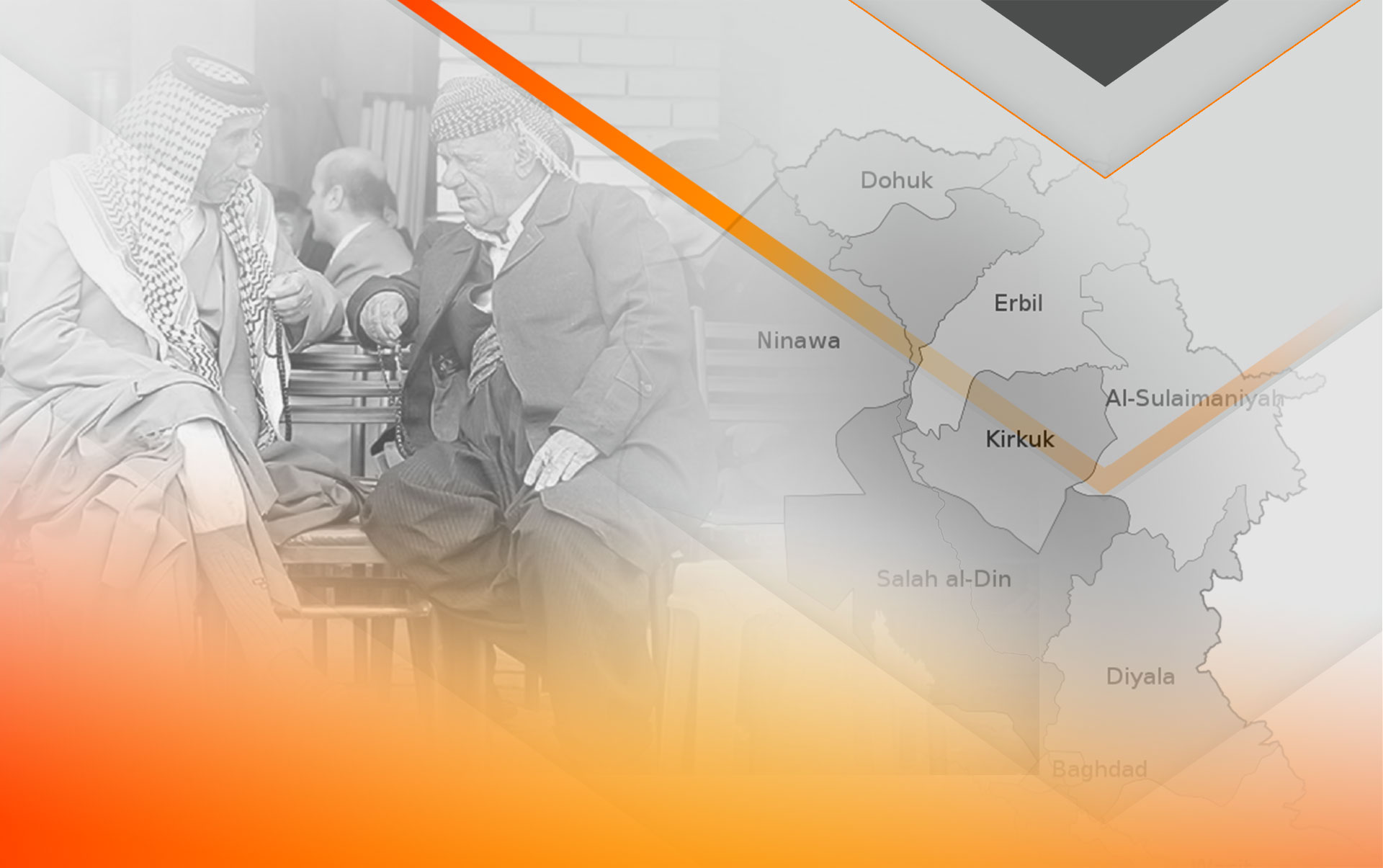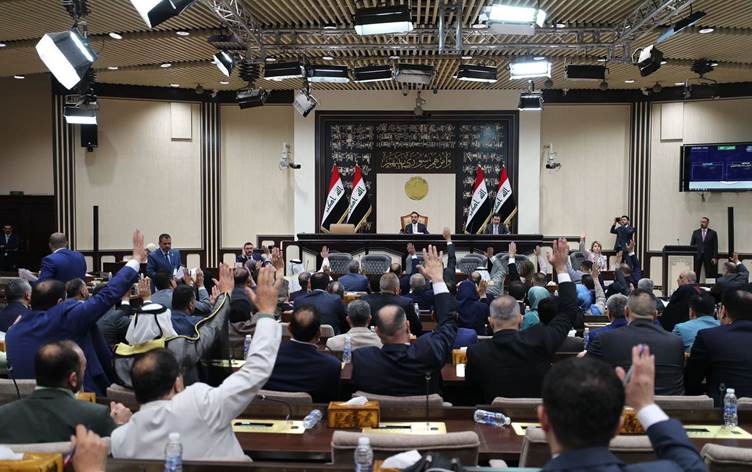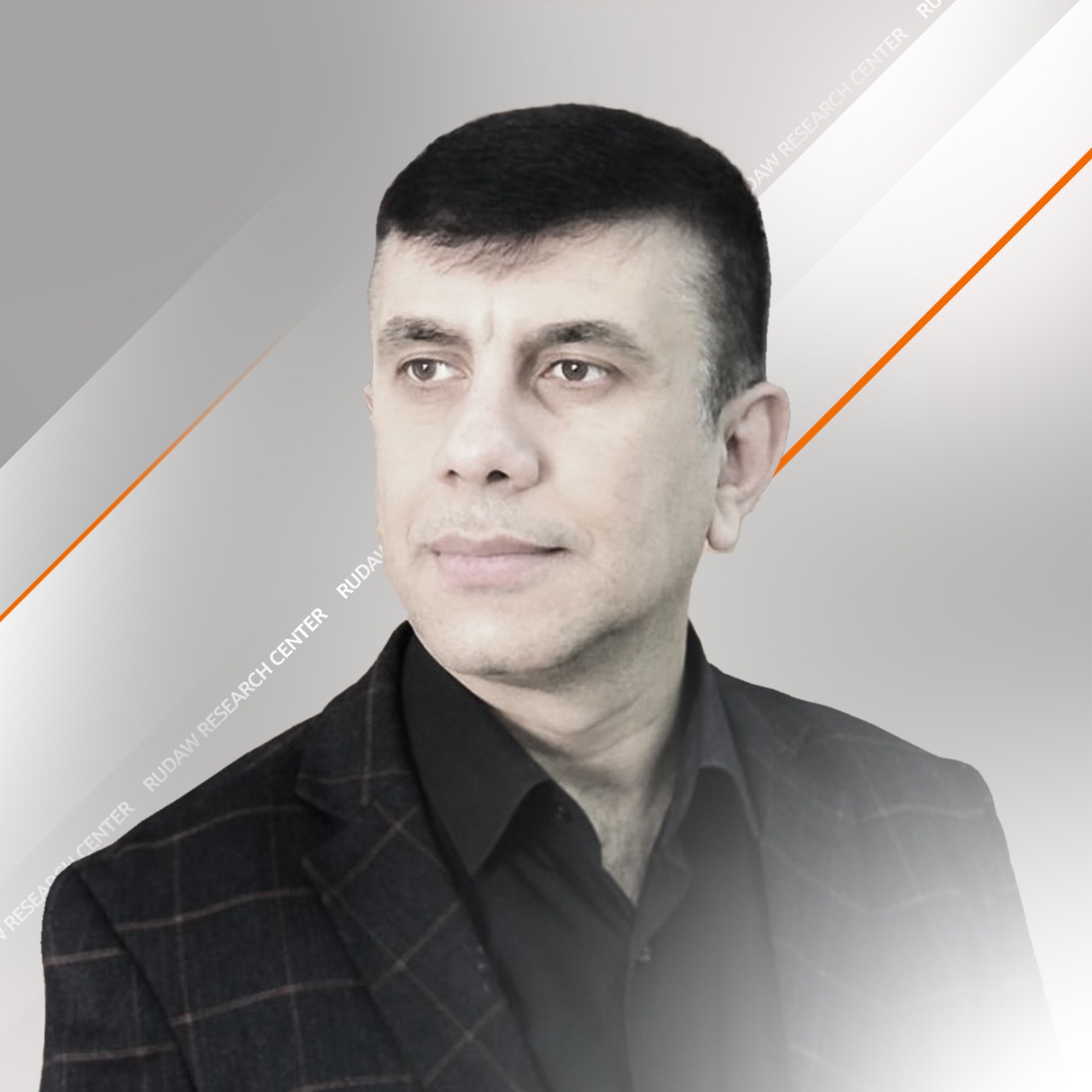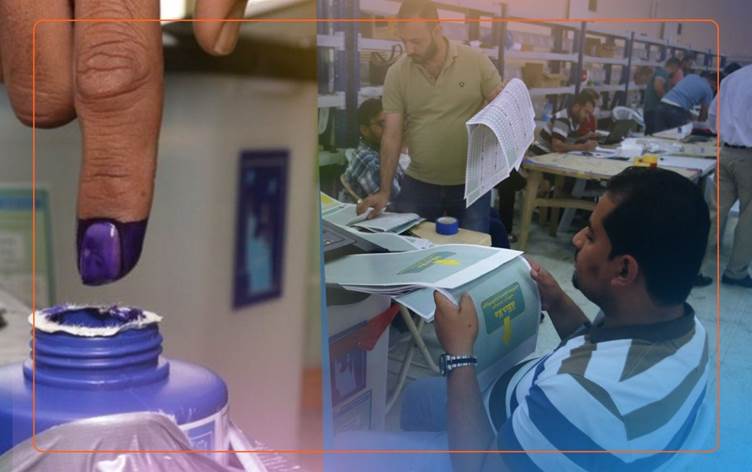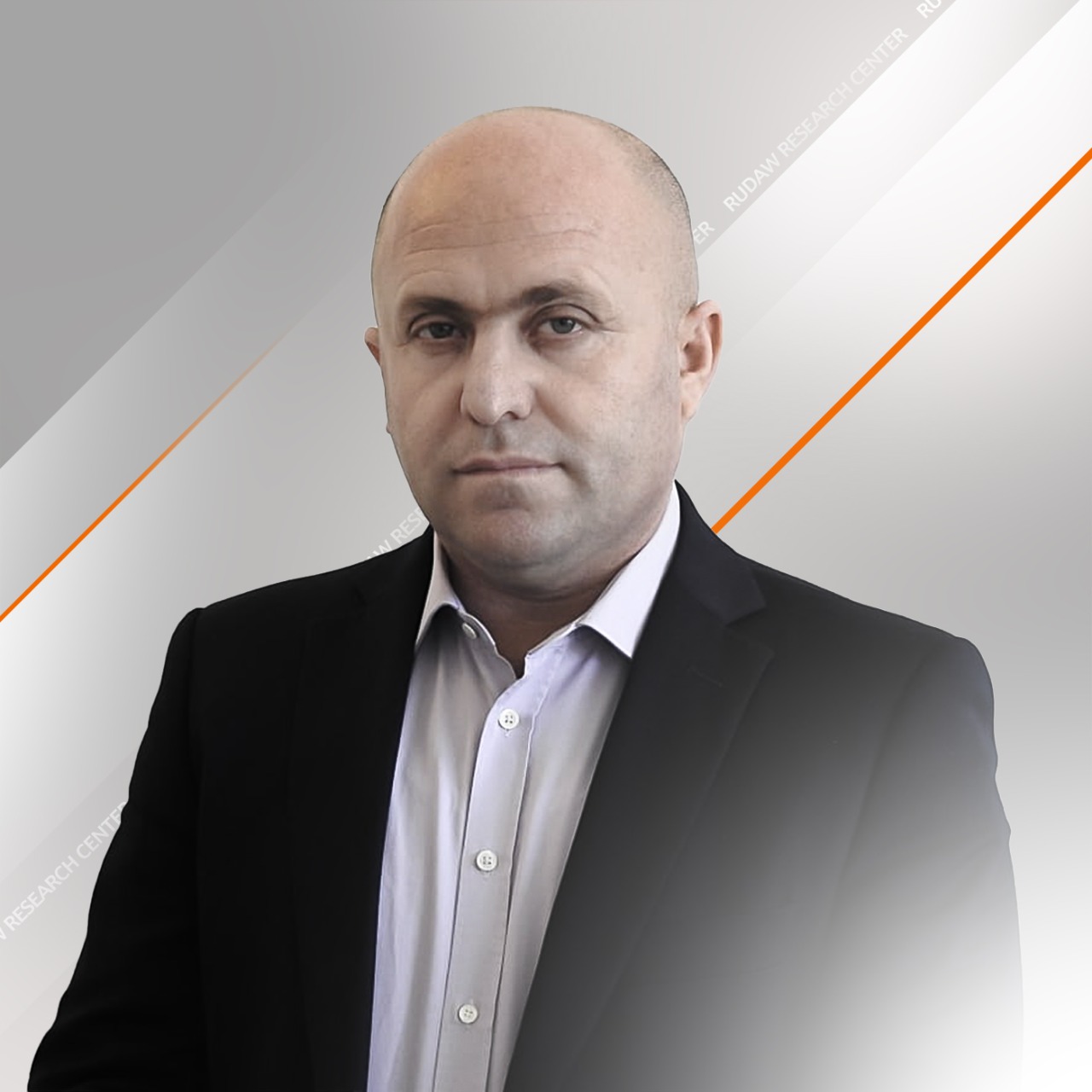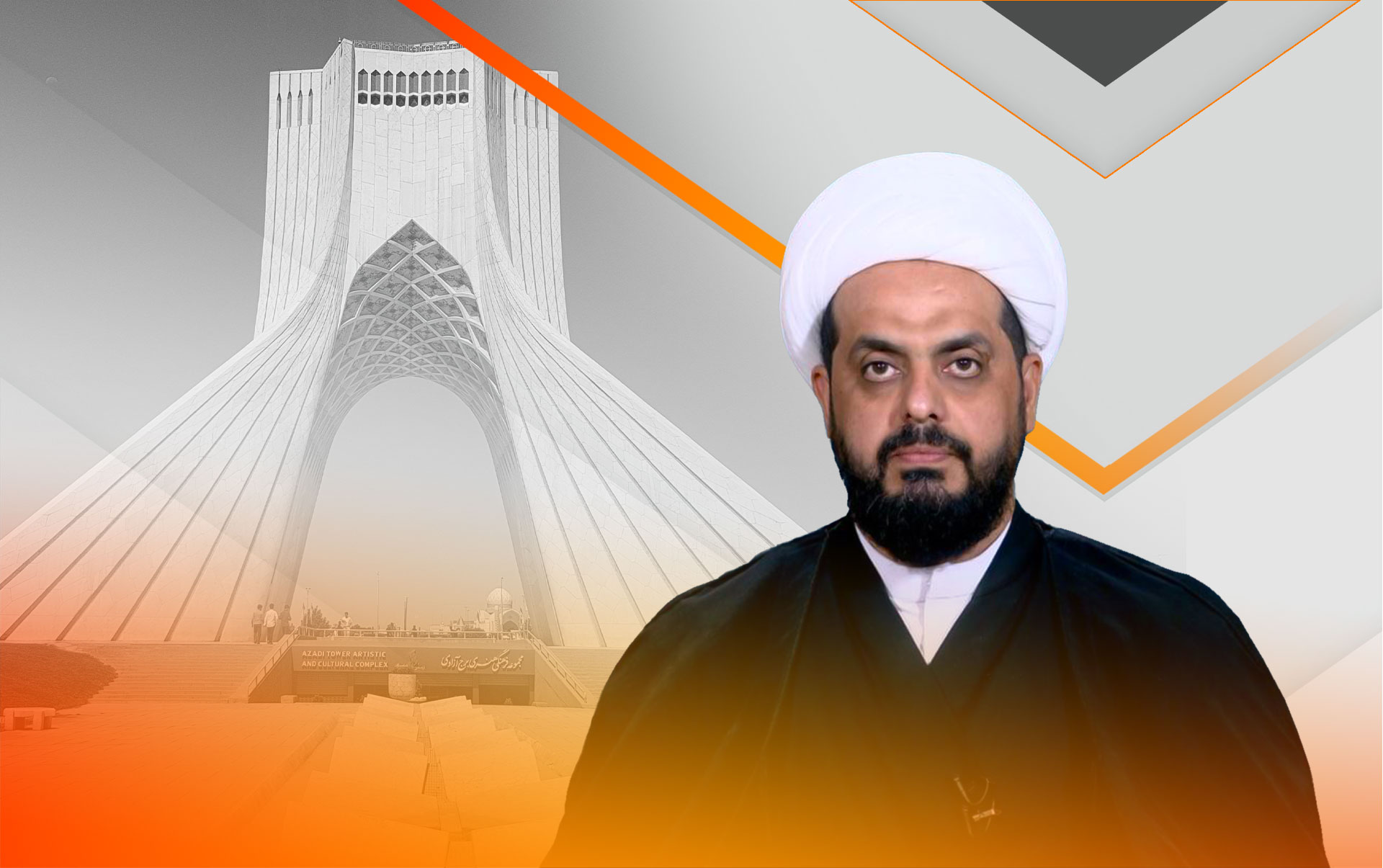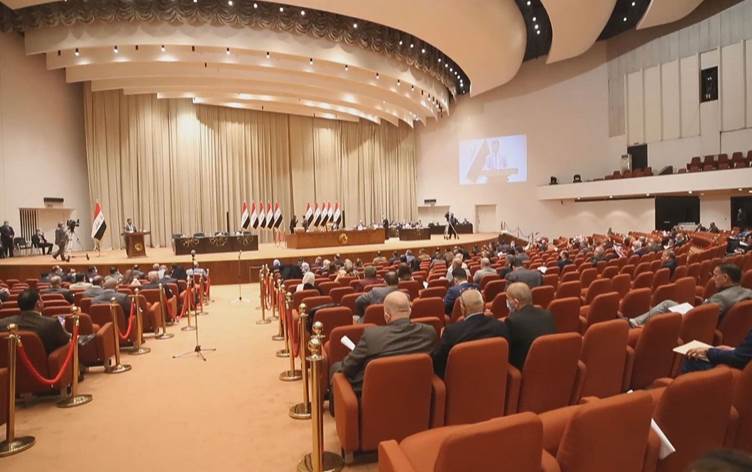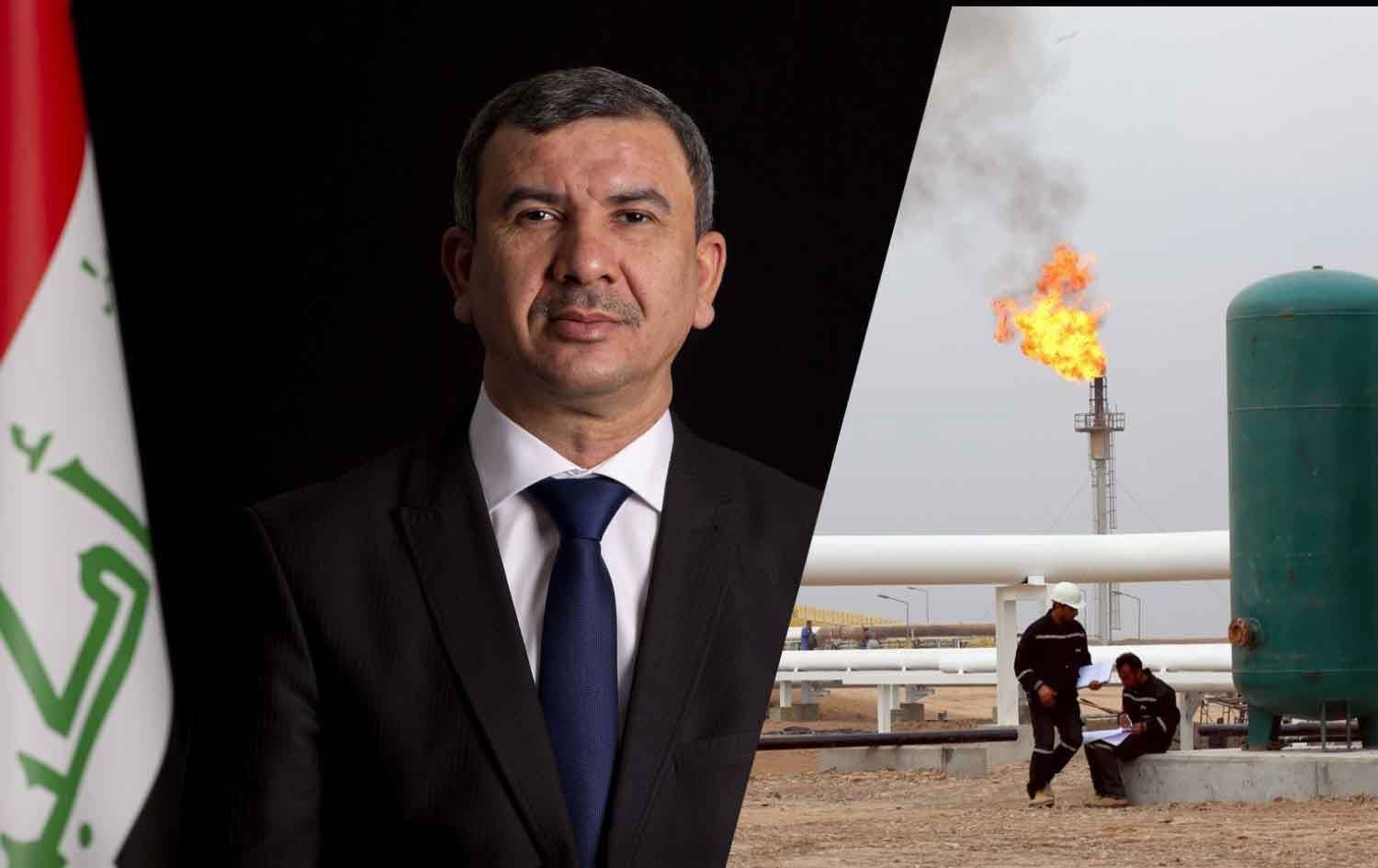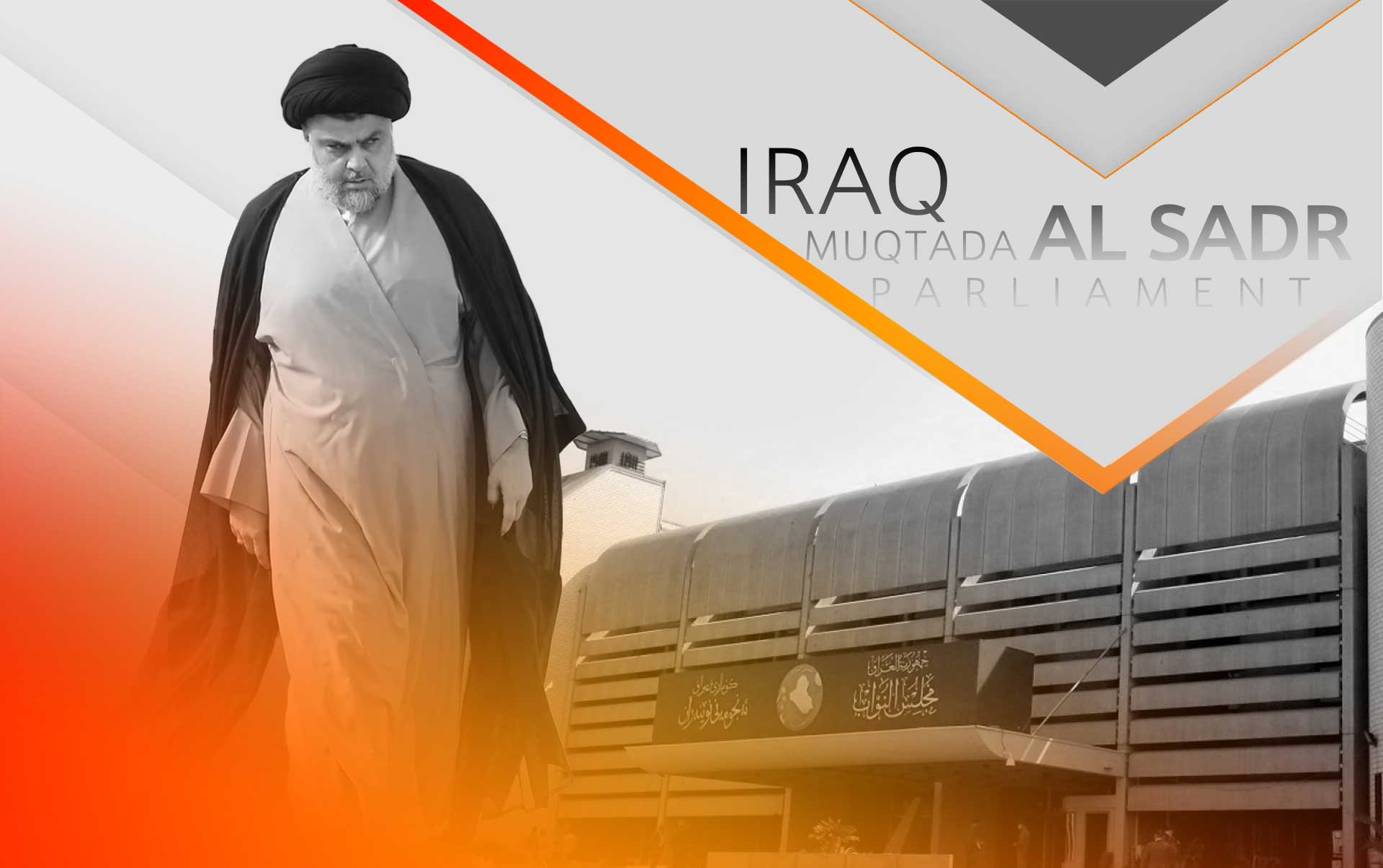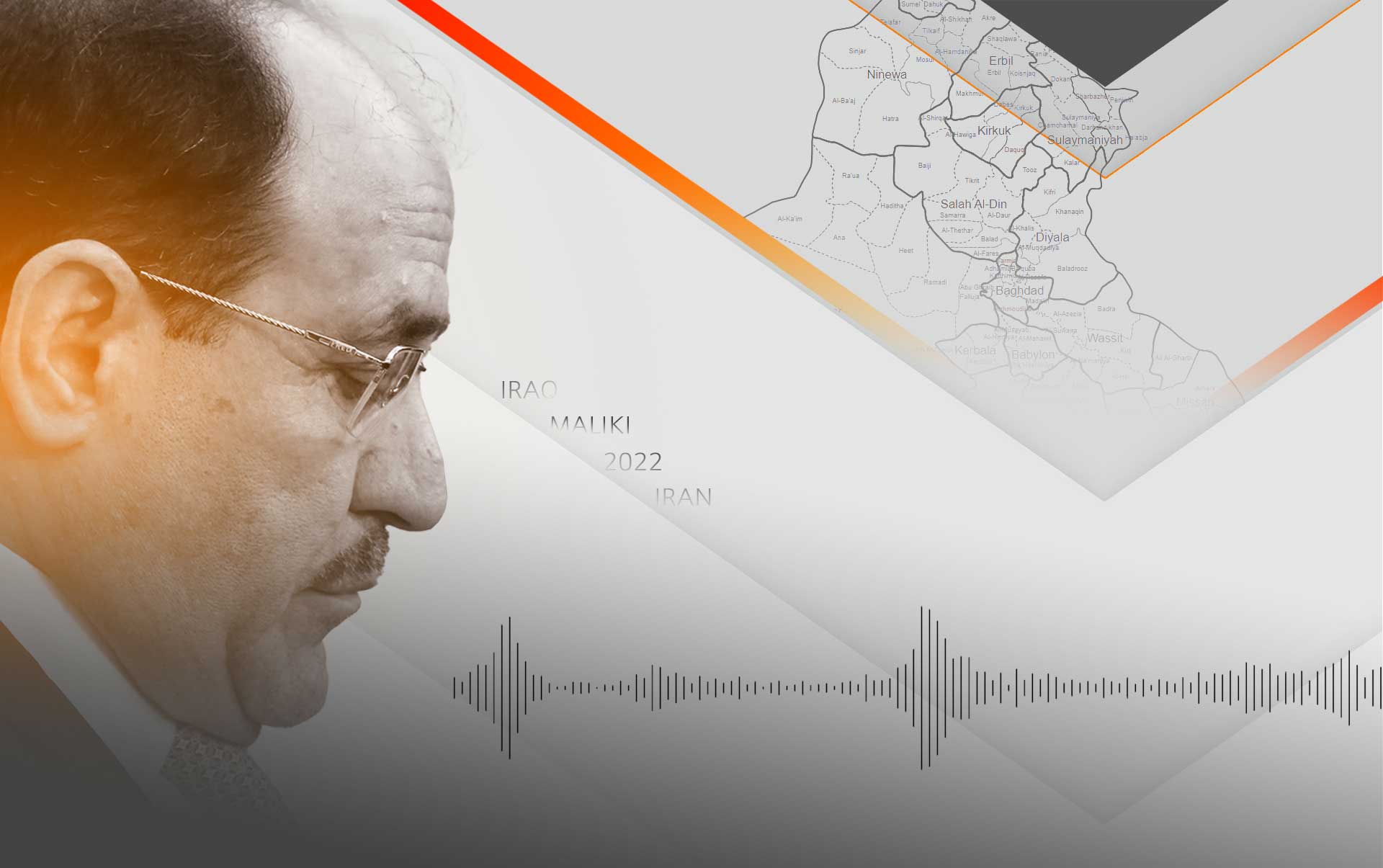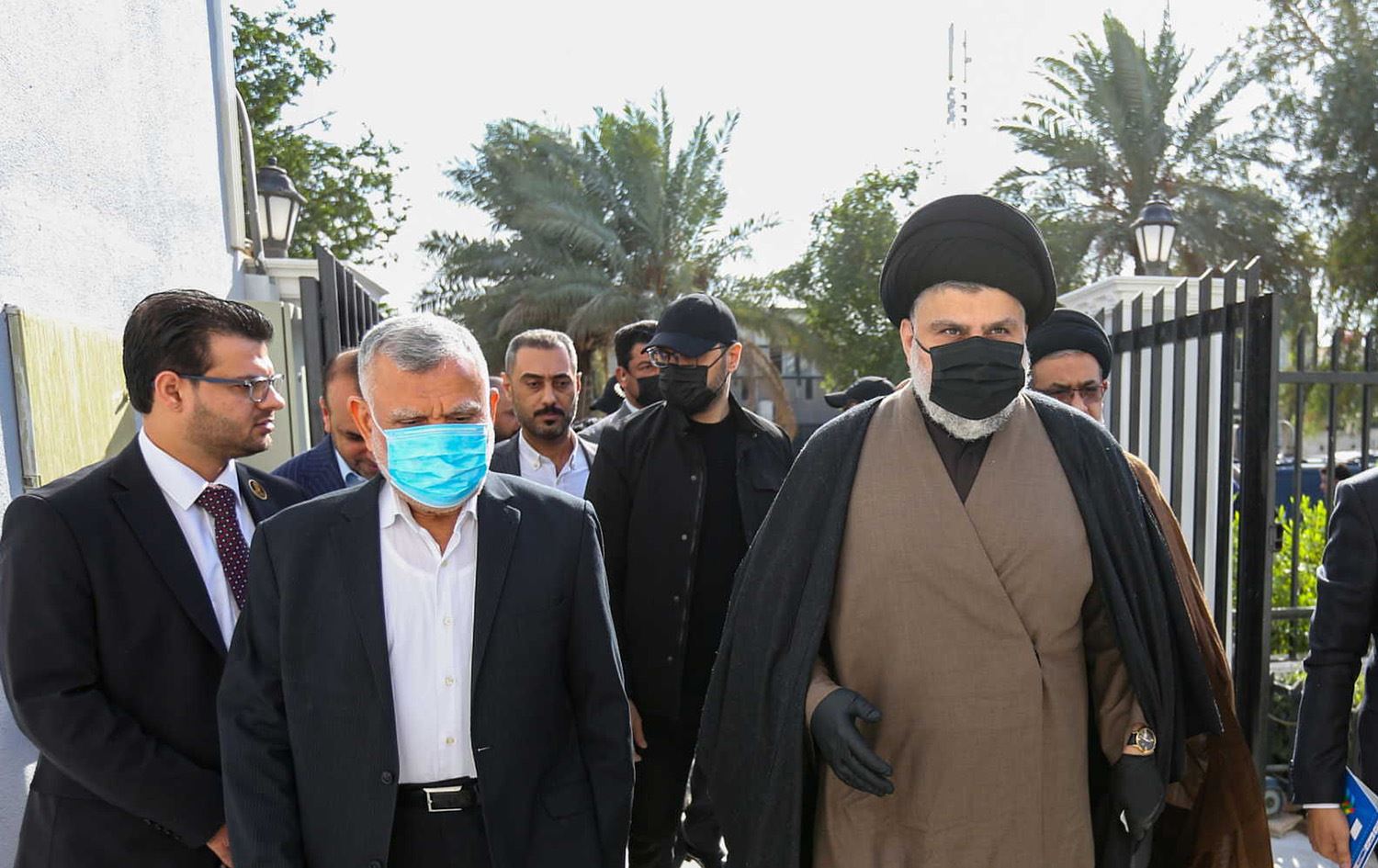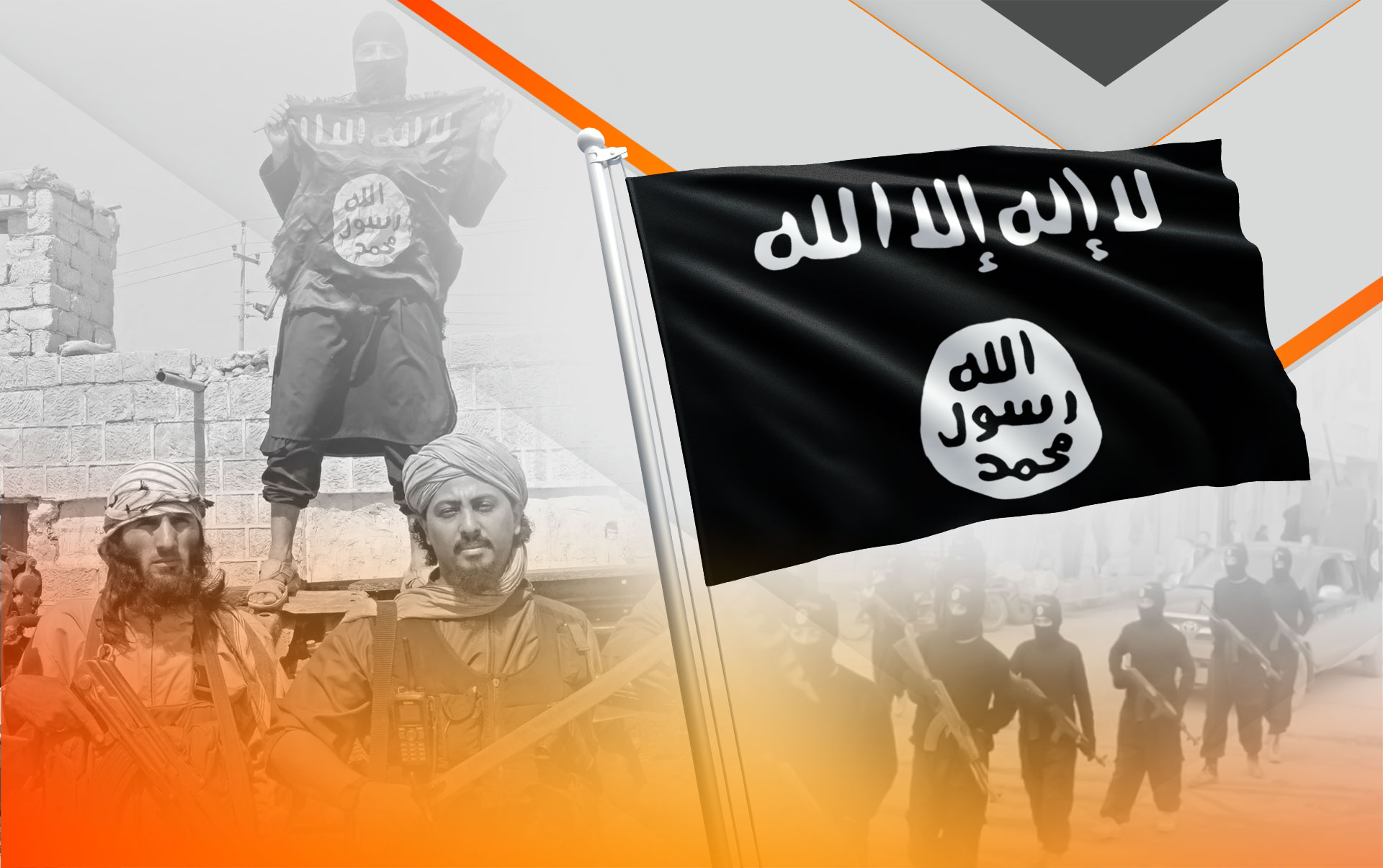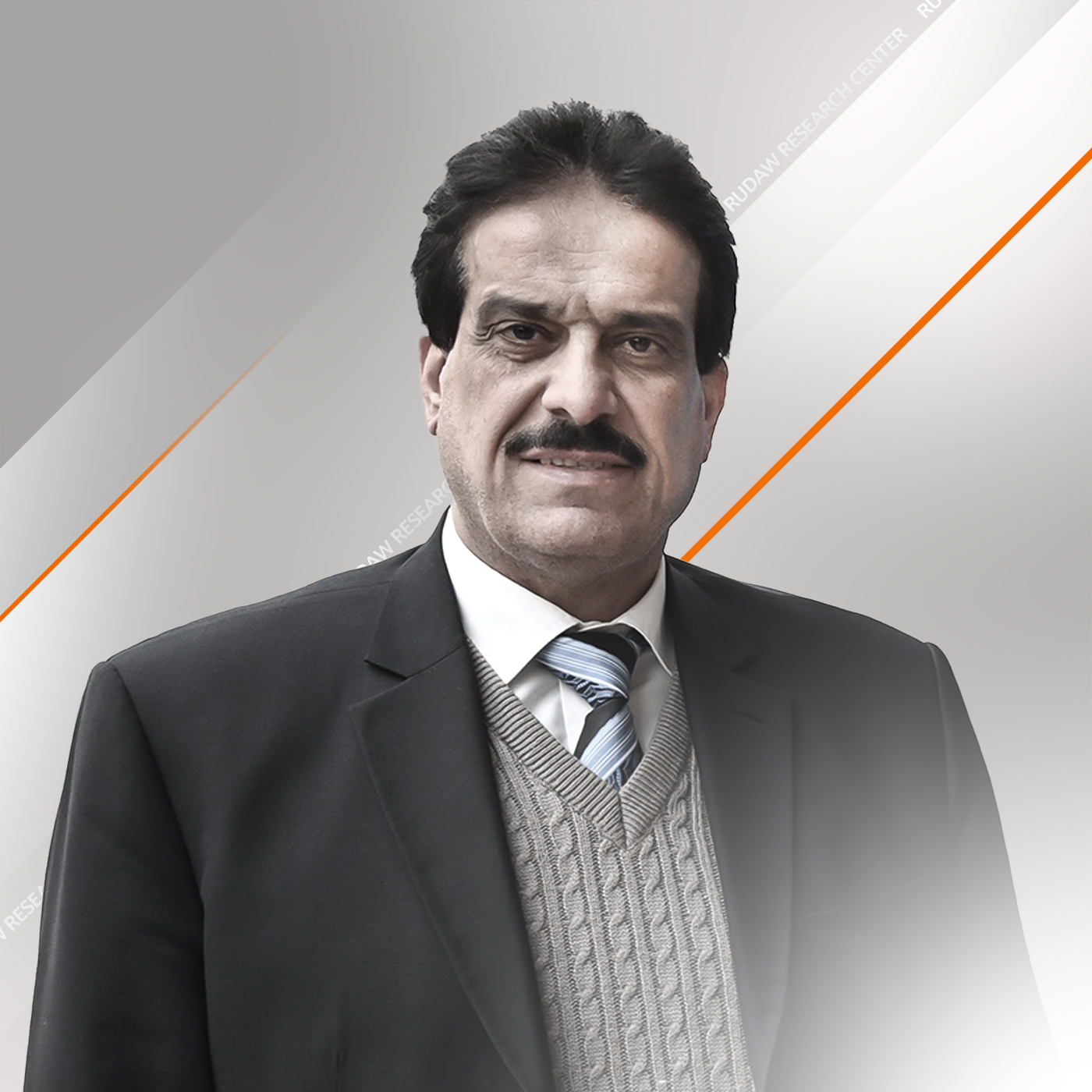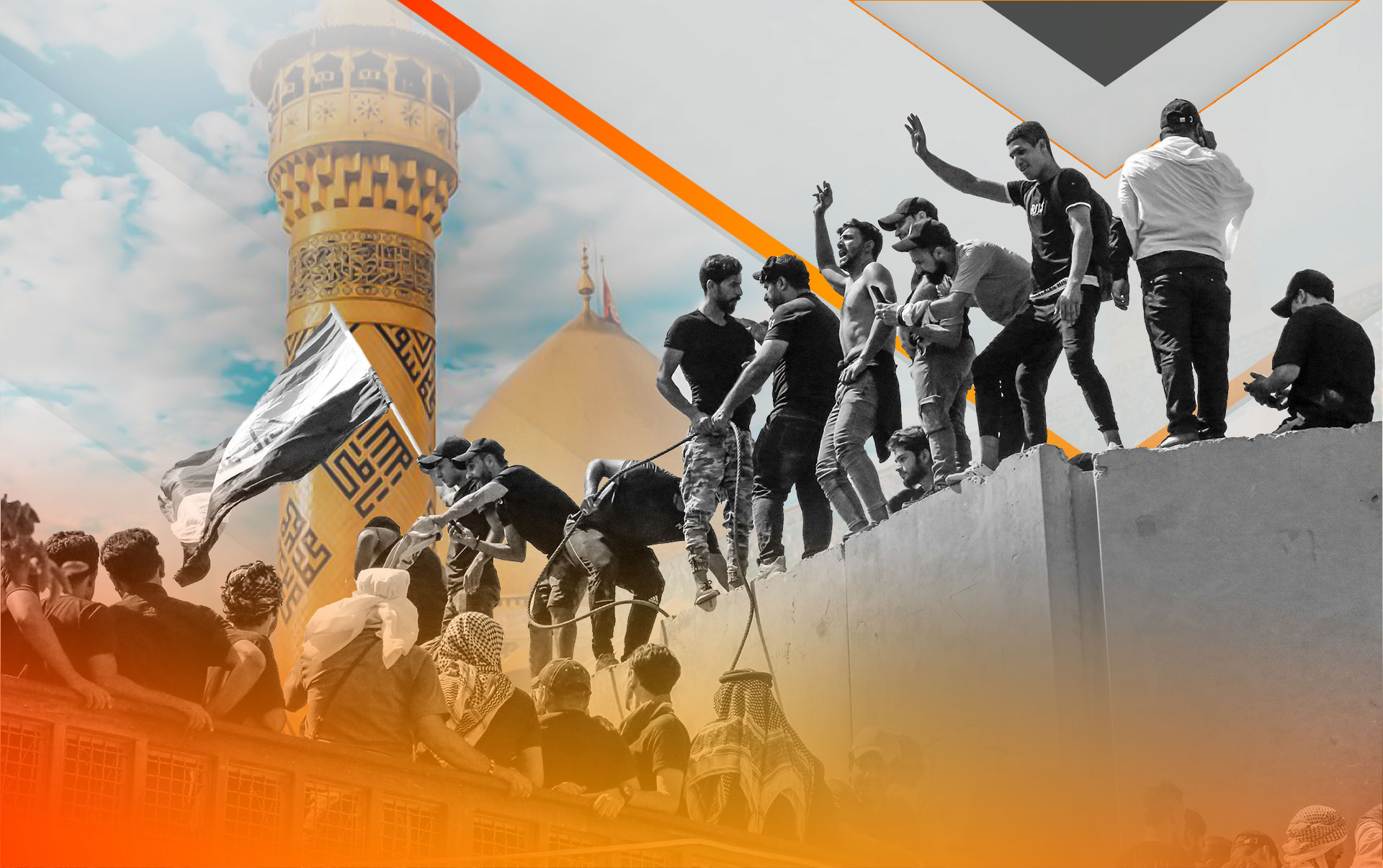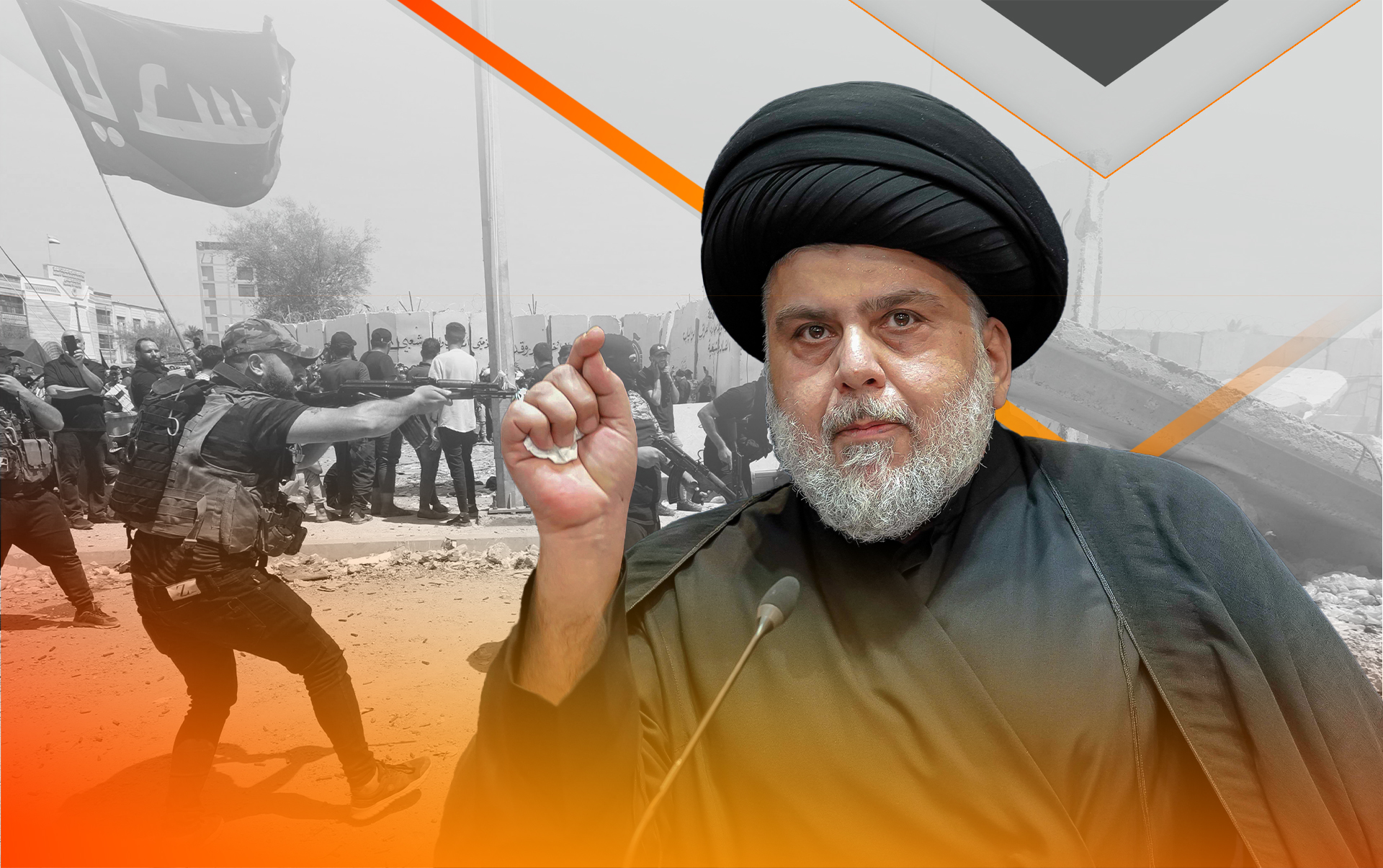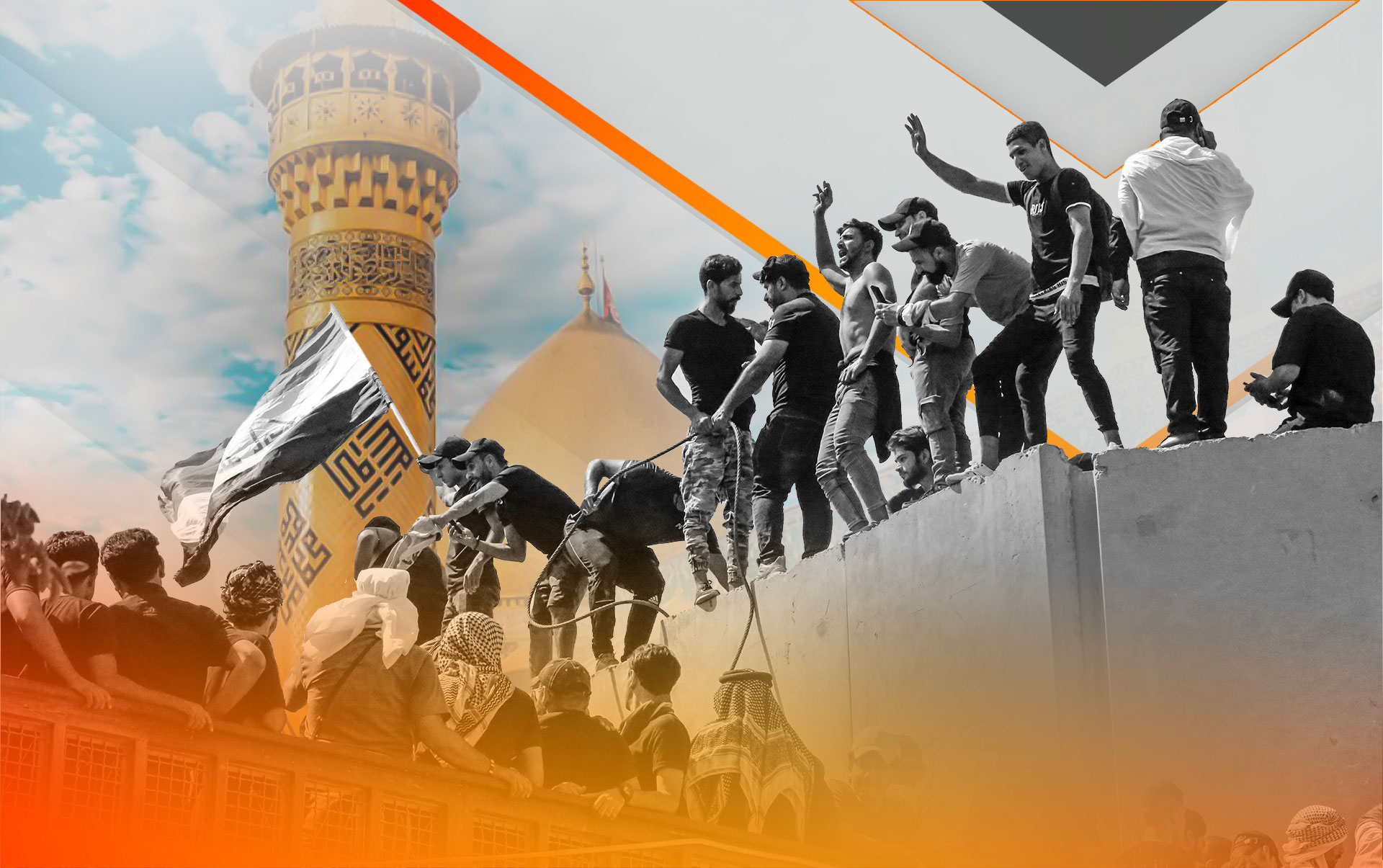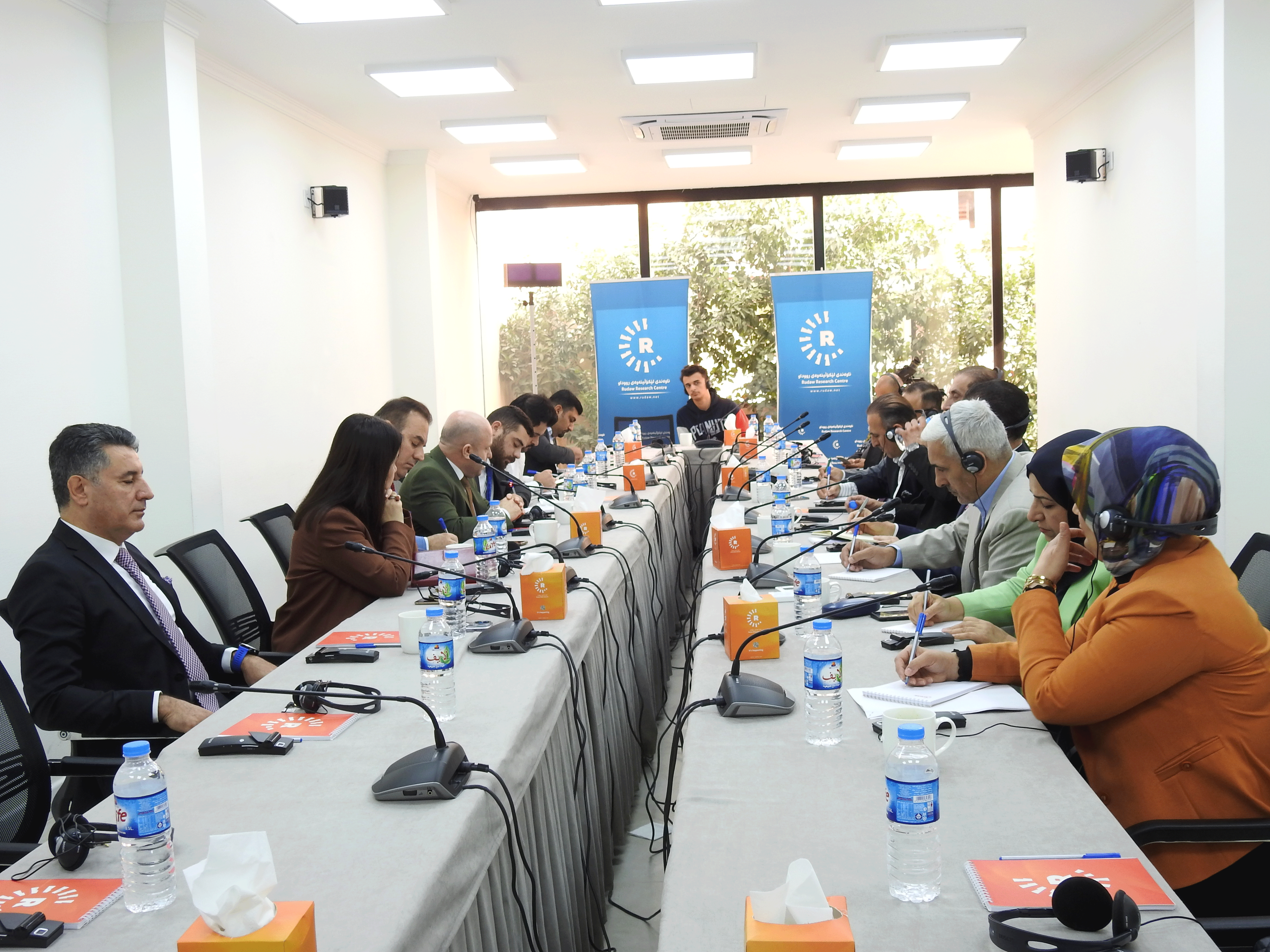The concept of “sovereignty” and the nature of this concept is an important and major issue in political and legal sciences. Sovereignty is the core of the power / authority and government as a group of institutions, factors to the executive arm of that power/ authority. Rather, the concepts of state and sovereignty are considered to be synonymous.
Rudaw Research Center hosted a virtual panel on The impact of the presidential election on US foreign policy in the Middle East particularly on Iraq and Kurdistan Region
Rudaw Research Center held a virtual panel interview with Major-General Jennie Carignan, Commander of NATO Mission Iraq (NMI) in Baghdad
This webinar, moderated by Mahmood Baban, focused on the issues surrounding the Iraqi Population Growth and the UNFPA plan to help and support the Iraqi government and the Kurdistan Region.
From the 1990s onwards, a number of countries across South America, Africa and the former USSR transitioning from authoritarian towards democratic rule and/or recovering from prolonged intrastate conflict have pursued reconciliation projects.
The early elections on October 10th 2021 is for the fifth term of Iraqi parliament, but from now eyes are intensifying on the position of next Prime Minister which will get confidence from parliament and to decide on these talks there are some likely scenarios to form future Iraqi government.
The Iraqi early elections finally took place, but as it was expected after a day of silence the political blocs started to protest and reject early results, and the likely scenarios and talks to form next cabinet may take longer time.
The high price of oil, which stays above $70 for 2021, took the Iraqi oil income to above 76 billion US dollars which were almost close to the income of 2019. This income is $27 billion more than what has been stated to be the income for 2021.
In the past few days, Qais al-Khazali, leader of Asaib Ahl al-Haq (AAH), had an engaging interview with BBC. His statements are important to help understand the negotiations of government formation and Iran’s role in Iraq.
A Conversation with Ally-Raza Qureshi, World Food Programme Representative (WFP) in Iraq
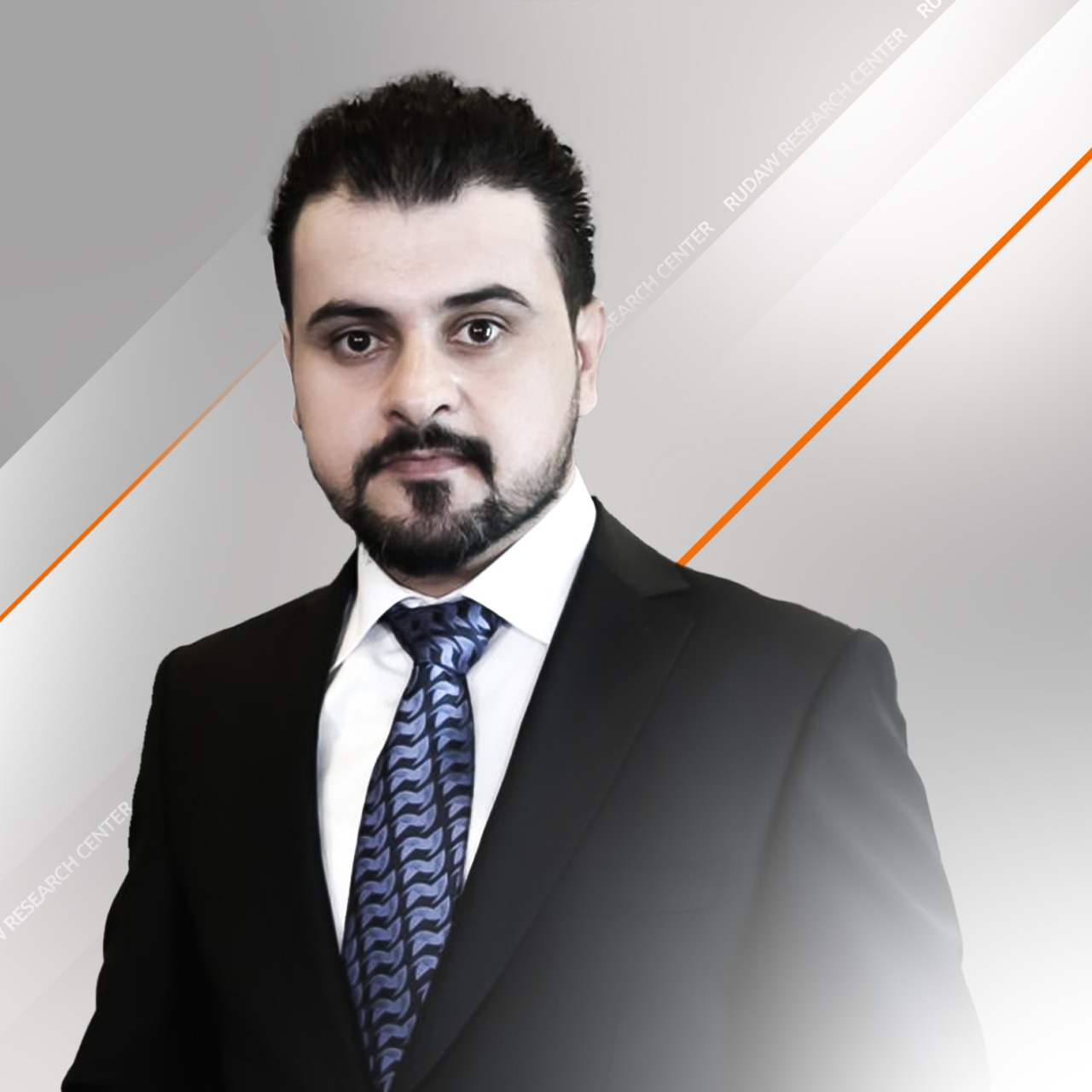
Rudaw Research Center (RRC) held A Conversation with Ally-Raza Qureshi, World Food Programme (WFP) Representative in Iraq on Food security in Iraq and Kurdistan Region.
After Muqtada al-Sadr’s one-month deadline bore no fruit, the Shiite Coordination Framework and Sadr, who leads the parliament’s largest bloc with 74 seats, put forth different suggestions to put an end to the political deadlock. However, none of the initiatives has helped end the impasse yet.
Iraq’s oil ministry has issued two letters and tried two different ways this month and increased its attempts to seize and remove oil and gas companies from dealing with the Kurdistan Region. First, by sending a letter to international oil and gas companies in the Kurdistan Region to deal directly with the State Organization for Marketing of Oil (SOMO).
After eight months of conflict and political deadlock, Muqtada Al-Sadr extricated himself from bearing the responsibility of political and governmental crisis. Sadr implemented his threat of withdrawing from the Parliament. Some reasons for Sadr’s withdrawal are personal, and some are related to his vision of confronting his Shiite rivals. However, this withdrawal created a significant imbalance in the political process, and since June 12th evening, the fate of Iraq has become unknown.
In Muqtada Al-Sadr’s meeting with his deputies on the evening of the 15th of June, Sadr dismissed doubts about the possibility of retracting the resignation of his representatives. This is what makes the Shiite coordination framework bear the responsibility of managing the following stage, while previously they were only wishing to participate.
After the release of the first three parts of the leaked audio recordings of Nouri al-Maliki, everyone was waiting for Sadr’s reaction, but he directed his supporters to focus on organizing Friday prayers and not pay attention to the leaks since, “they do not give him a value”.
After Al-Sadr withdrawal from Parliament in June 2022, the Shiite coordination framework acted as if their prominent opponent had surrendered and left the ground for them.
In recent years, the activities of ISIS have escalated in Iraq which once again drew attention to the terrorist organization. Despite Iraq’s announcement on December 9, 2017, to expel ISIS and impose its control over the entire territory of the country, including the border with Syria, the organization’s sleeper cells never ended and the terrorist organization was later able to carry out many remarkable operations in the Kurdistan Region, Iraq, and Syria.
The consequences and future of Iraq's political deadlock
A speech from Al-Sadr was enough to end the confrontations between members and supporters of the Sadrist Movement with some armed Shiite groups. After the announced “retirement”, this step was a strong return for Al-Sadr
Many people are monitoring what will change in Iraqi politics or the internal Shiite conflict after the ceremonies of the “Arbaeen” of Imam Hussein. Even if there was consensus among the politicians and the government was formed or an escalation such as the one we witnessed before Ashura occurs again, the conflict and competition within the Shiite component will continue for several years and will remain an essential element in the region's politics.
The RRC, in collaboration with Yarmouk Center for Strategic Studies and Planning organized a workshop on Kurdish-Sunni relations

